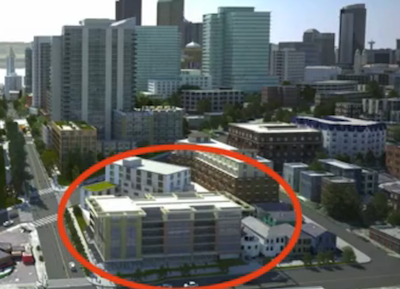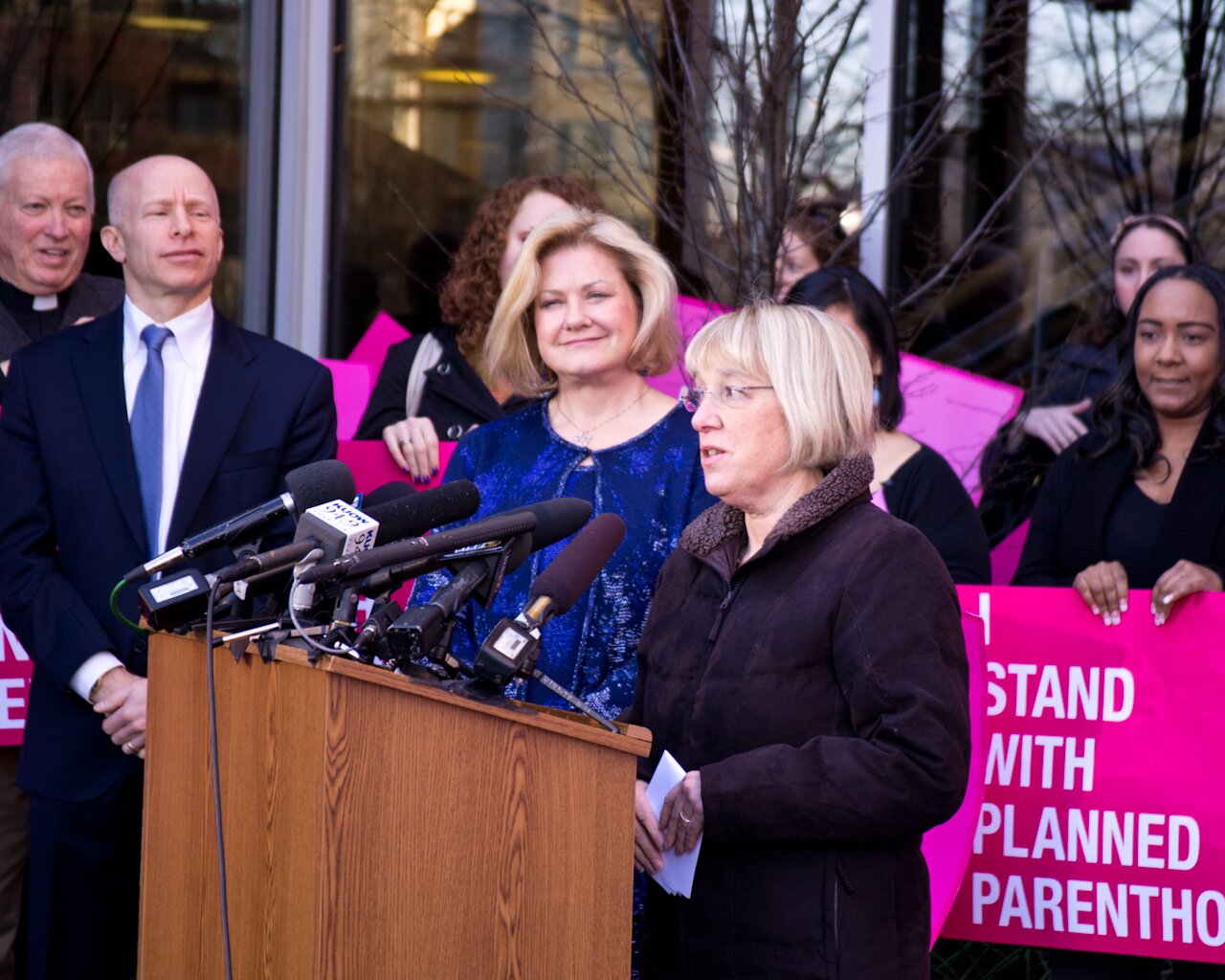At this year’s Golden Tennis Shoe Awards luncheon, held Monday, April 29, at the downtown Seattle Westin, Senator Patty Murray put the spotlight on the Special Olympics, ovarian cancer, and violence against women, through awards to Tyler May, Swedish Cancer Institute medical oncologist Saul E. Rivkin, and the Tulalip Tribes’ Deborah Parker, respectively. Though Murray, in her rise to budgetary power in the Senate, has gained a reputation for earmarks, as these awards indicate, her concerns are difficult to militate against.
Murray had met May and Parker separately, when they traveled to D.C. on citizen lobbying efforts. May, who years ago found that golf sat at the intersection of his athleticism and autism, was at the Capitol to help the push for reauthorization of the Special Olympics Sport and Empowerment Act of 2004, while Parker was speaking out for an expansion of coverage in reauthorization of the Violence Against Women Act, so that non-Indians responsible for abuse that occurs on tribal lands will be prosecuted. It was, as Murray was to learn, a very personal crusade.
May dedicated his award to all Special Olympians. “I’m trying to put myself out of business,” Dr. Rivkin — who founded the Marsha Rivkin Center for Ovarian Cancer Research in 1996, in memory of his wife — said drily, accepting his award. Parker, for her part, invited her family and tribal members who were in the audience to stand and share in the award.
Murray had invited Dr. Jill Biden, whose husband works for the government, to speak as well. Biden’s address took a global view of women’s empowerment, hitting on the themes of access to education, freedom from violence, and cultivation of leadership potential. Referencing Sheryl Sandberg’s Lean In, Biden insisted, “Now is not the time to lower our voices.”
On Tuesday, Murray toured the Fred Hutchinson Cancer Research Center, sitting in on a roundtable discussion on sequestration impacts on research funding with scientists from heard from the Hutch, Seattle Children’s Research Institute, UW Medicine, and the Pacific Northwest Diabetes Research Institute. FHCRC’s Randy Main, its vice president and chief financial officer, estimated that cuts in federal funding could subtract $41 million from the Center’s revenues alone. Murray has shepherded a budget with no NIH cuts through the Senate, but House of Representatives Republicans have not been in a compromising mood.

